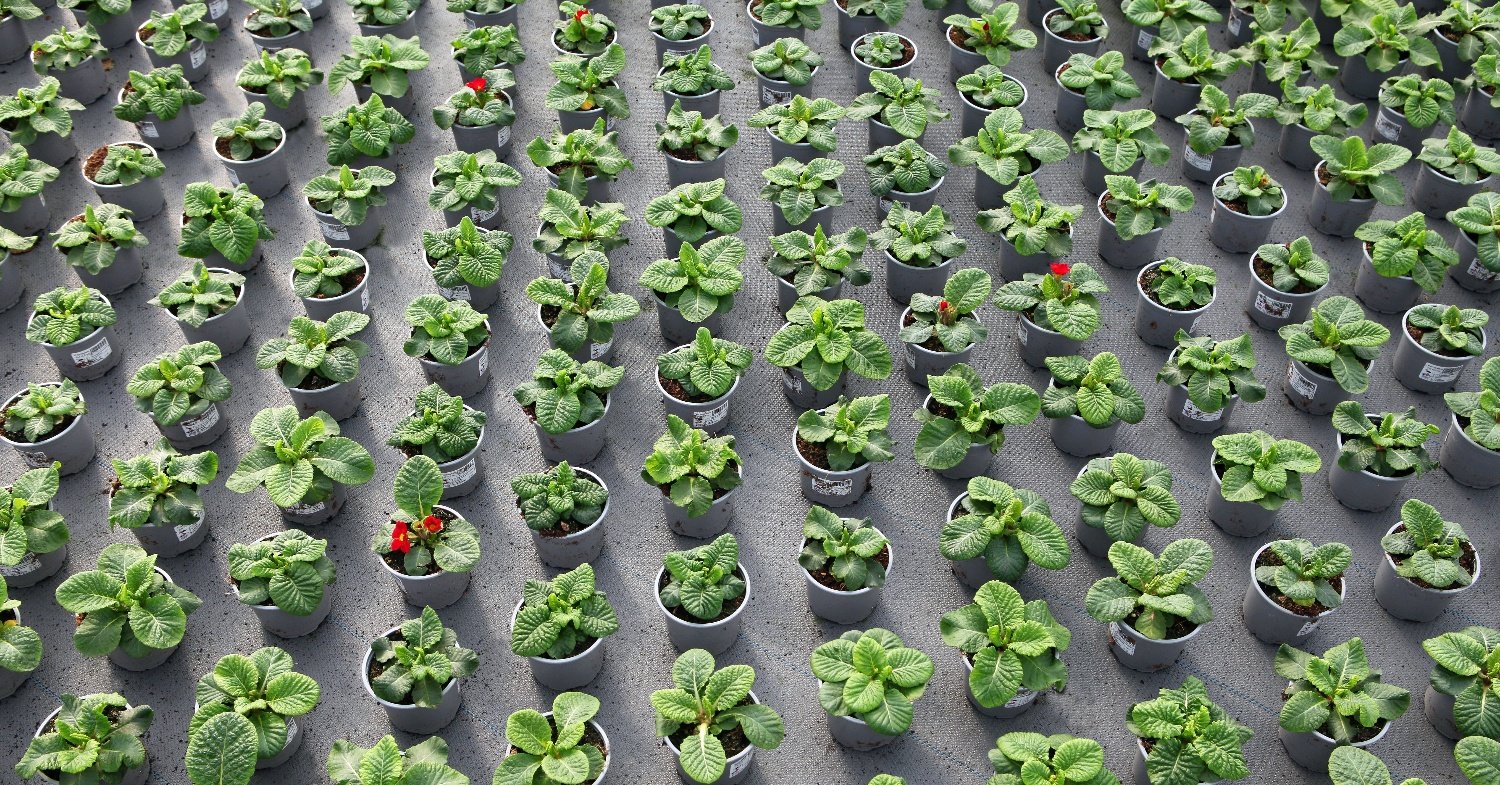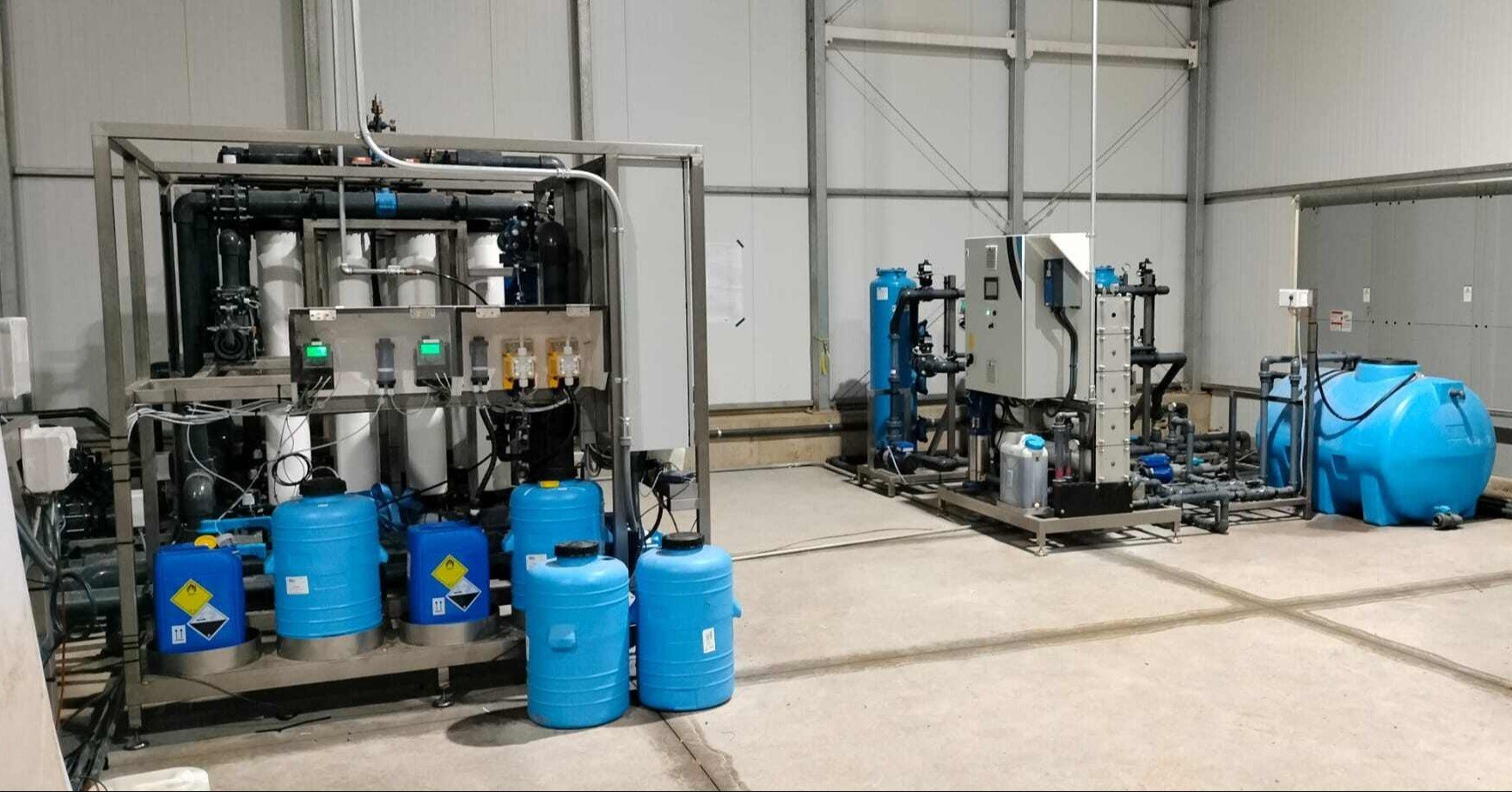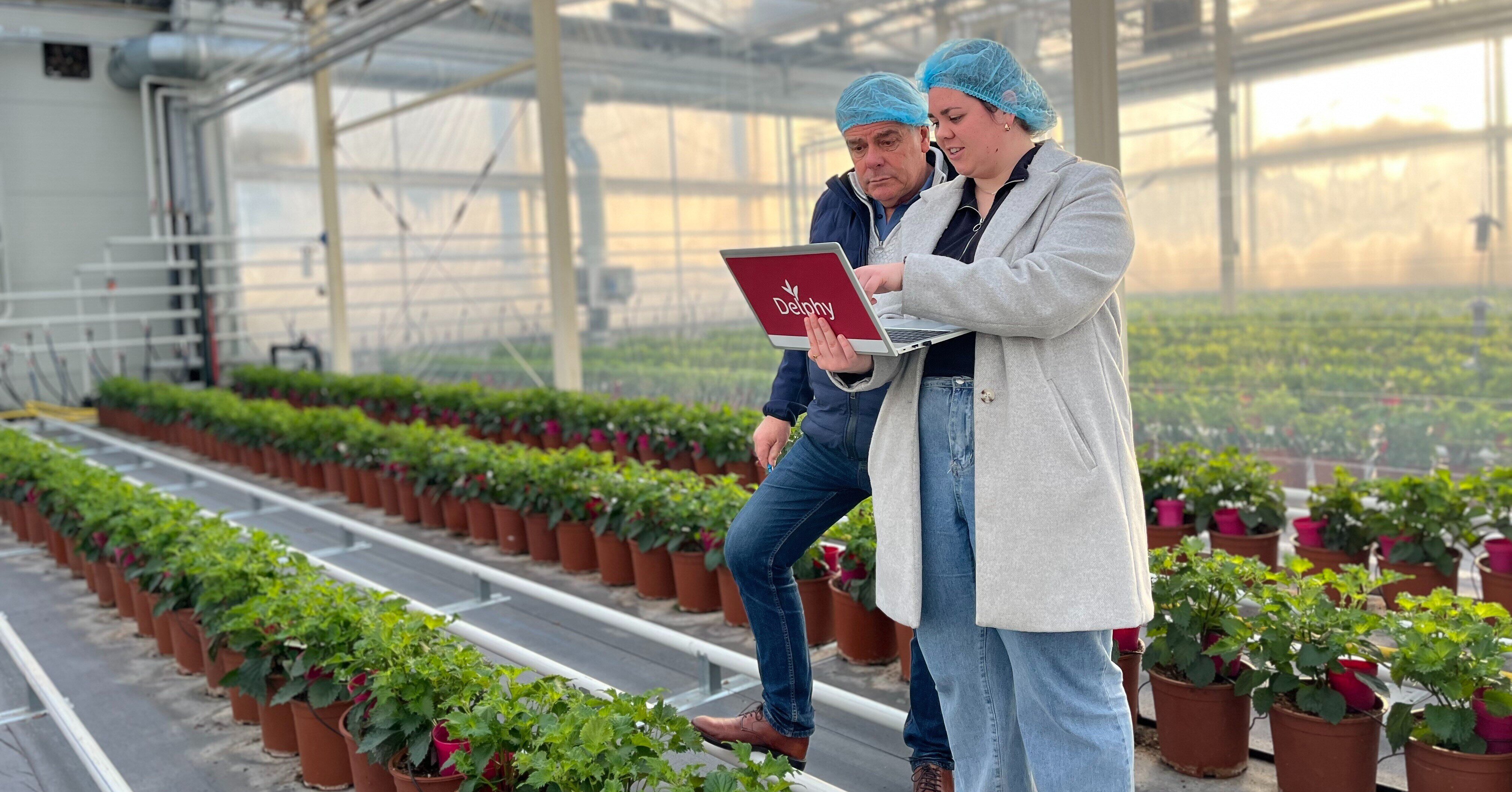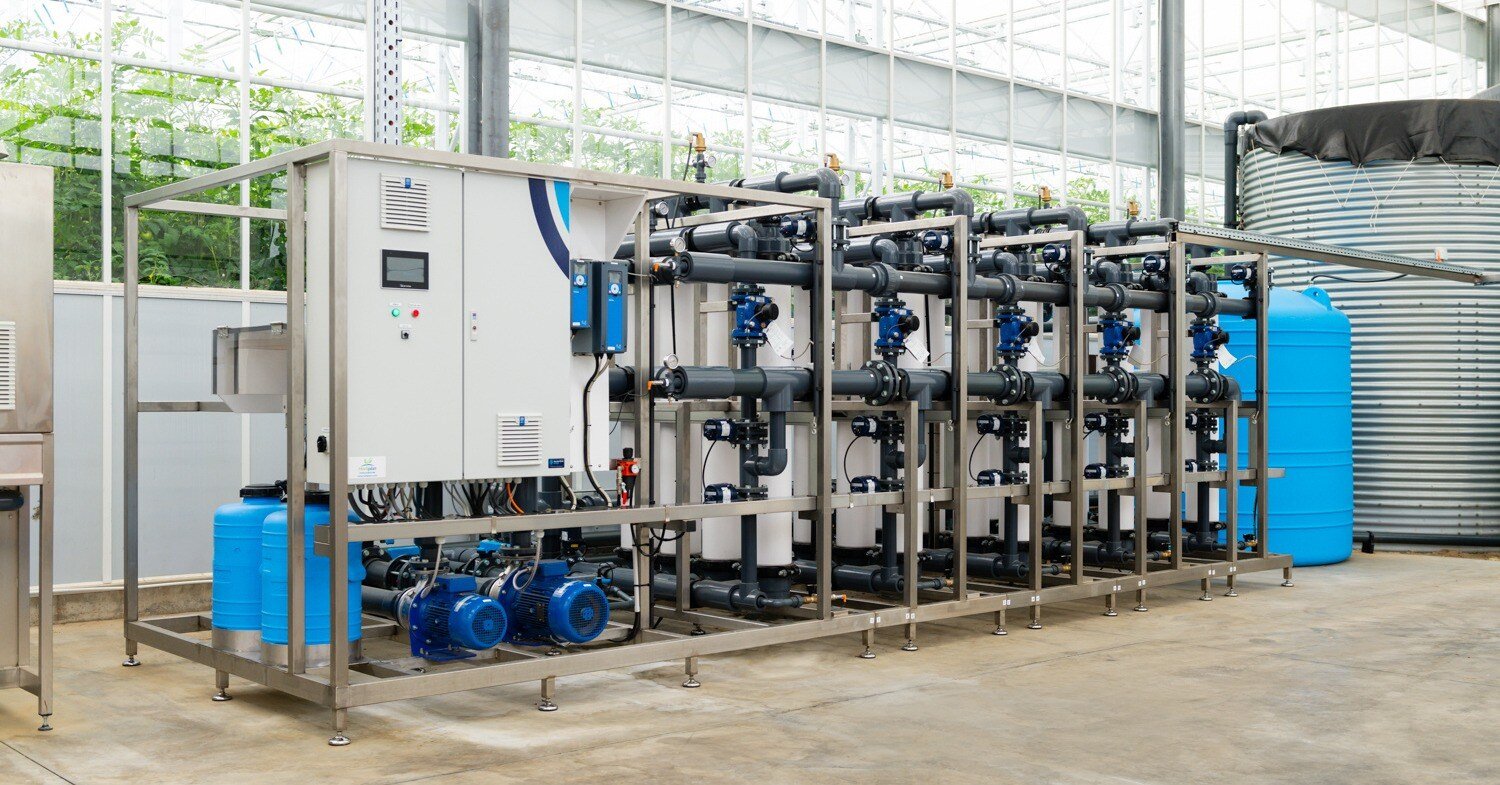- Vous préférez le contact direct ? +31 (0)79 593 38 00
- Language: French
Une plante résiliente grâce à un microclimat stable

Une plante résiliente grâce à un microclimat stable
21 oct. 2024 15:28:01
Une plante en bonne santé est essentielle à une culture réussie, et l'un des facteurs les plus influents dans ce succès est le microclimat. Ce jeu spécifique, souvent subtil, de conditions environnementales a un impact considérable sur les processus qui déterminent la santé et la résistance d'une plante. Cor Bremmer, directeur opérationnel chez ErfGoed, souligne l'importance d'un microclimat bien géré: “Un microclimat stable permet aux plantes de subir moins de stress et d'absorber plus efficacement le CO2 et les nutriments, ce qui renforce directement leur résistance.”
Qu'est-ce que le microclimat?
Le microclimat désigne les conditions environnementales spécifiques dans lesquelles une plante se trouve. “Cela va au-delà de la simple température ou de l'humidité", explique Bremmer. "C'est la combinaison de la circulation de l'air, des variations de température et même des conditions du sol qui affecte directement les processus internes de la plante. Pour une plante, le microclimat est littéralement vital, car il détermine sa capacité à absorber le CO2 et les nutriments essentiels, ainsi qu'à croître.”
L'interaction cruciale entre l'humidité et la transpiration
L'un des éléments les plus importants du microclimat est l'humidité, qui joue un rôle direct dans la régulation des stomates à la surface des feuilles. Les stomates s'ouvrent lorsque l'humidité est suffisamment élevée, ce qui permet l'absorption de CO2 et la transpiration. La transpiration est essentielle, car elle permet aux plantes d'absorber l'eau et les nutriments. Bremmer explique : “Si l'humidité est trop basse, les stomates se ferment et la croissance s'arrête. À l'inverse, si l'humidité est trop élevée et qu'il n'y a pas de circulation d'air, les plantes ne peuvent plus absorber d'eau, ce qui entraîne des carences en nutriments et, à terme, des problèmes de croissance.”
Mais pourquoi la transpiration est-elle si importante? Bremmer précise : “La transpiration est le moteur de l'absorption de l'eau et des nutriments. Les plantes possèdent un système de transport interne qui fonctionne grâce au flux d'eau. Lorsque l'eau circule des racines vers les feuilles, des nutriments comme le calcium sont simultanément absorbés du sol. Ce processus dépend entièrement du taux de transpiration.”
Contrôle de la température pour des racines en bonne santé
Outre l'humidité, la température joue un rôle clé dans le microclimat, non seulement la température ambiante, mais aussi celle des racines. "Une température stable des racines est donc essentielle pour avoir une plante en bonne santé", affirme Bremmer.
Il précise: “En maintenant une température constante du sol, nous pouvons stabiliser l'environnement autour des racines. Cela favorise non seulement l'absorption de l'eau et des nutriments, mais cela empêche également les plantes de subir un stress lié aux fluctuations de température. Avec un sol en béton ou des tables de culture, la température s'élève souvent pendant la journée, tandis qu'avec un sol ErfGoed, la température reste plus basse grâce à l'humidité retenue dans les pierres. En s'évaporant, l'humidité refroidit le sol, ce qui est également bénéfique pour maintenir un niveau d'humidité stable.”
Une humidité stable rend les plantes moins vulnérables
Un microclimat stable peut également aider à prévenir les maladies. Les plantes exposées à des variations de température et d'humidité sont plus sensibles aux champignons et autres pathogènes. Bremmer souligne: “Lorsque le microclimat reste stable, cela évite la condensation sur les cultures ou les fleurs, réduisant ainsi le stress des plantes et les protégeant mieux contre les maladies.”
Comment un microclimat bien géré conduit à des plantes résistantes
La combinaison d'une température stable, d'une humidité adéquate et d'une transpiration régulière constitue la base des plantes en bonne santé. Lorsque ces facteurs sont correctement alignés, les plantes peuvent croître de manière optimale et sont mieux armées pour faire face aux facteurs de stress extérieurs. Bremmer résume bien: “Le microclimat est la force discrète derrière une culture réussie. Lorsqu'il est bien géré, il crée un environnement dans lequel les plantes peuvent prospérer sans avoir à compenser en permanence les fluctuations de leur environnement. En prenant conscience de l'importance du microclimat, les producteurs peuvent non seulement améliorer la santé de leurs cultures, mais aussi optimiser le rendement et la qualité de leur production.”





